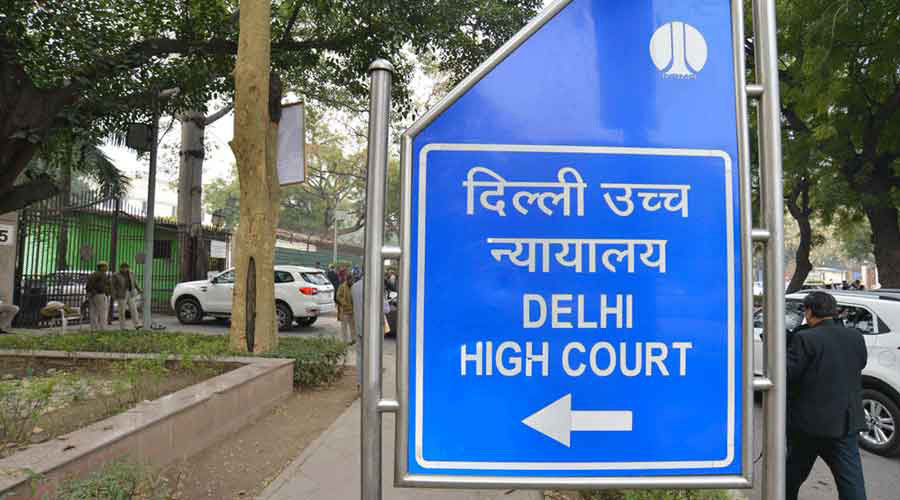Favouring the introduction of Uniform Civil Code (UCC), the Delhi High Court has said the Indian youth need not be forced to struggle with issues arising due to conflicts in various personal laws in relation to marriage and divorce.
The modern Indian society was gradually becoming homogenous, the traditional barriers of religion, community and caste are slowly dissipating and thus UCC ought not to remain a mere hope , Justice Prathiba M Singh stated in an order dated July 7.
The youth of India belonging to various communities, tribes, castes or religions who solemnise their marriages ought not to be forced to struggle with issues arising due to conflicts in various personal laws, especially in relation to marriage and divorce," the order said.
While referring to several decisions of the Supreme court on the need for UCC, including the historical Shah Bano case of 1985, the high court said: "The hope expressed in Article 44 of the Constitution that the State shall secure for its citizens Uniform Civil Code ought not to remain a mere hope.
In the Shah Bano case, the apex court had said that a common civil code would help the cause of national integration by removing disparate loyalties to laws having conflicting ideologies. It had also observed that the State was charged with the duty of securing UCC for the citizens of the country.
The high court observed that the need for UCC was reiterated from time to time by the Supreme Court, however, it is unclear as to what steps have been taken in this regard till date .
It directed that a copy of the order be communicated to the Secretary, Ministry of Law & Justice, Government of India, for necessary action as deemed appropriate.
The court was dealing as to whether the marriage between the parties who belonged to the Meena community were excluded from the ambit of the Hindu Marriage Act, 1955 (HMA).
When the husband sought divorce, the wife contended that HMA did not apply to them as Meena community was a notified Scheduled Tribe in Rajasthan.
The court rejected the wife's stand and said that cases like the present one highlight the need for such a Code - 'common to all', which would enable uniform principles being applied in respect of aspects such as marriage, divorce, succession etc.
It recorded that since inception of the litigation, both parties have pleaded that their marriage was solemnised according to Hindu rites and ceremonies and they follow Hindu customs.
The same, the court noted, as reflected in several documents including the marriage invitation and complaint filed under domestic violence act.
The court said that although there was no definition of Hindu, the Supreme Court has held that if members of Tribes are Hinduised, HMA would be applicable to them.
Codified statutes and laws provide for various protections to parties against any unregulated practices from being adopted. In this day and age, relegating parties to customary Courts when they themselves admit that they are following Hindu customs and traditions would be antithetical to the purpose behind enacting a statute like the HMA, 1955, the court opined.
The court also stated that there nothing was placed before it to show that the Meena community Tribe has a specialised Court with proper procedures to deal with these issues.










